Raising kids isn’t easy, and every parent loses their cool sometimes — we’re all only human.

That being said, when yelling becomes the default response, it starts to take a toll. Kids might seem like they’re ignoring it or getting used to it, but deep down, it affects them in ways that aren’t always obvious, at least not immediately. Constant shouting and bawling them out doesn’t just make the moment tense; it leaves lasting marks on their emotions, behaviour, and even the way they see themselves. Here’s what it can cost in the long run.
1. It makes them scared of you instead of respecting you.
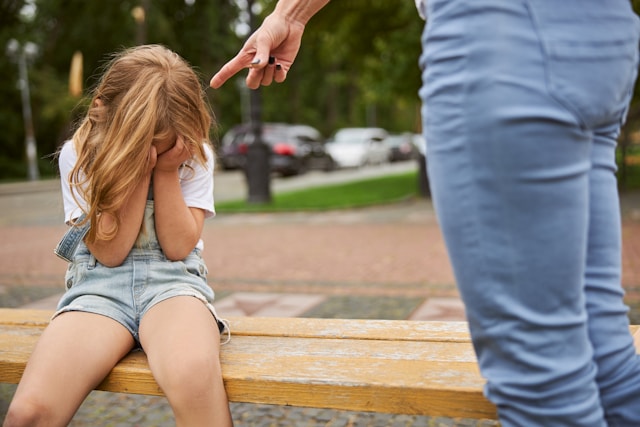
Yelling might make kids listen in the moment, but that’s usually because they’re afraid, not because they understand or respect what’s being said. Fear-based obedience only lasts as long as the threat does, and it doesn’t actually teach them why they should behave a certain way. After a while, they might start walking on eggshells around you instead of feeling comfortable coming to you for guidance. Instead of learning self-discipline, they just learn to avoid making you angry, which isn’t the same thing. Respect grows from connection, not volume.
2. They become desensitised to your voice.
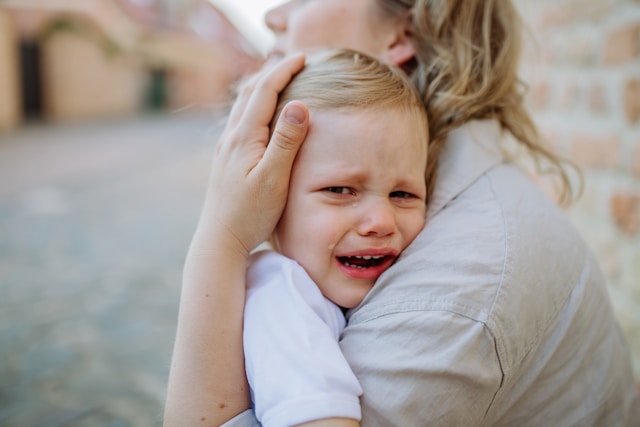
At first, yelling might shock a child into listening, but if it happens all the time, it starts to lose its impact. Instead of reacting, they might tune it out completely because they know it’s coming no matter what they do. When everything feels like a big deal, nothing really stands out. Kids need to know the difference between a serious warning and normal communication, but if yelling is the default, they stop knowing when something really matters.
3. It teaches them that yelling is how you solve problems.
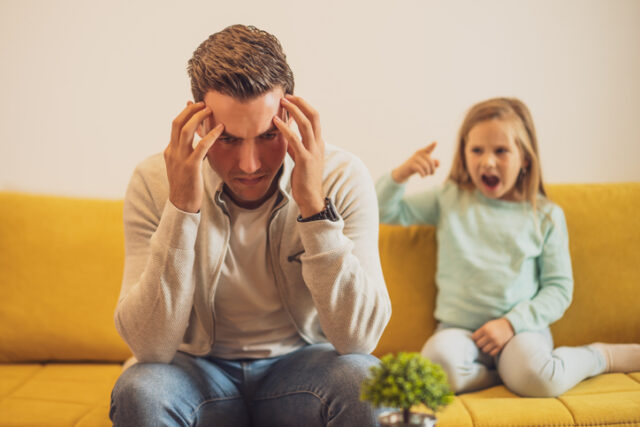
Kids don’t just listen to what you say; they absorb how you say it. If they constantly see yelling being used as the go-to response, they start to believe that’s just how people communicate when they’re upset. That means when they’re frustrated, they’re more likely to yell, too. Not because they’re “bad” kids, but because they’ve been taught that’s what you do when you don’t get your way. The way you handle emotions becomes their model for handling their own.
4. It damages their self-esteem.
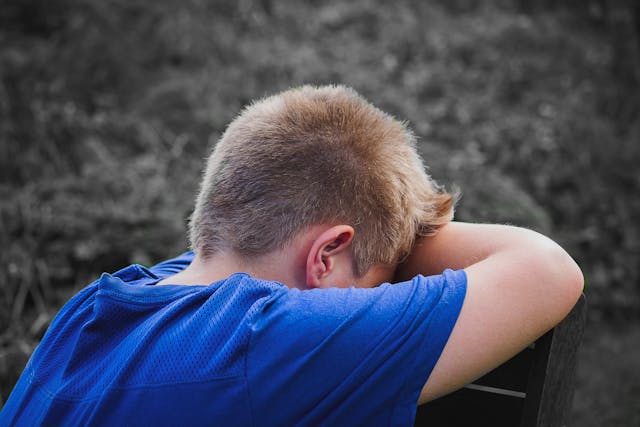
Hearing raised voices over and over again, especially when it’s directed at them, makes kids feel like they’re constantly doing something wrong. Even if they don’t fully understand why you’re mad, they still absorb the message that they’re a “problem.” Over time, this can chip away at their confidence. Instead of seeing themselves as capable and worthy, they start to believe they’re just difficult or not good enough. Kids take things personally, even when they shouldn’t, because their sense of self is still developing.
5. They become more anxious or withdrawn.
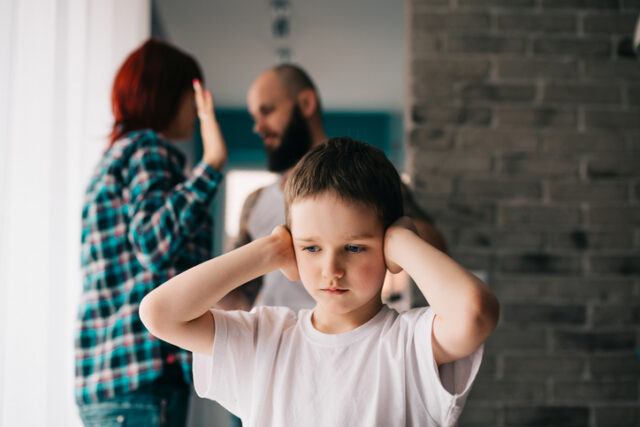
Constantly being yelled at can make kids feel like they’re always on edge, never sure when the next outburst will come. This can lead to anxiety, where they’re constantly second-guessing themselves and trying to avoid trouble. Some kids respond by becoming overly cautious, while others shut down completely, avoiding conversations or isolating themselves. Instead of feeling safe at home, they feel tense—like they always have to be on high alert.
6. It makes them more defiant.
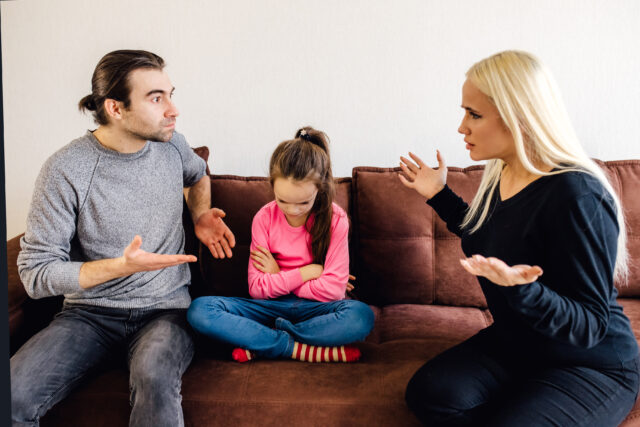
Yelling can sometimes have the opposite effect of what you want. Instead of making a child more obedient, it can make them more rebellious. If they feel like they’re constantly being yelled at no matter what they do, they start thinking, “Why bother trying?” Instead of learning to respect rules, they might start ignoring them just to reclaim a sense of control. When kids feel like they’re always in trouble anyway, they lose the motivation to behave differently.
7. It weakens your emotional bond with them.
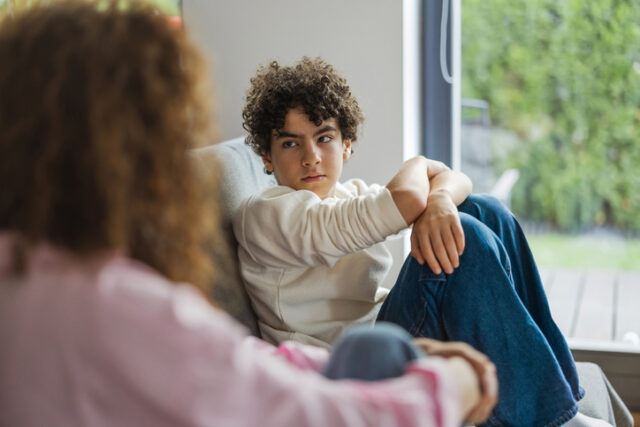
Kids naturally crave love and connection from their parents, but if most of their interactions involve being shouted at, that bond starts to weaken. Instead of feeling emotionally safe, they might start keeping their feelings to themselves. In the end, this can make them less likely to confide in you when they’re struggling. If they associate you with criticism and frustration, they’ll look elsewhere for comfort, even if it’s from people who don’t have their best interests at heart.
8. It increases aggression in their own behaviour.
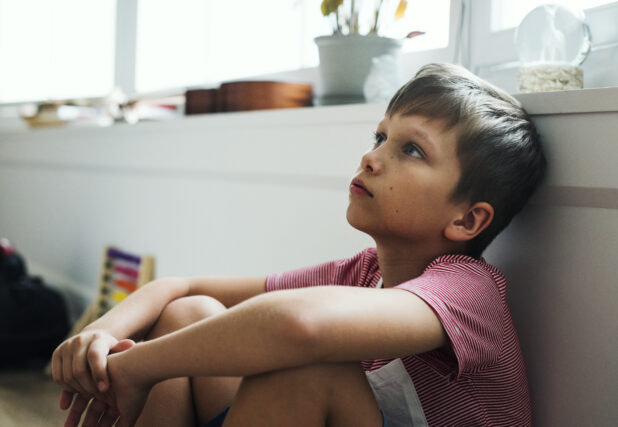
Kids who are yelled at frequently are more likely to respond with anger themselves. If they see shouting as a normal way to handle emotions, they’ll use it too, whether with siblings, friends, or even teachers. They might start lashing out when they’re frustrated, not because they’re naturally aggressive, but because they’ve learned that yelling is how you show frustration. And the cycle continues unless they’re taught a different way to handle their emotions.
9. It makes them more sensitive to criticism.
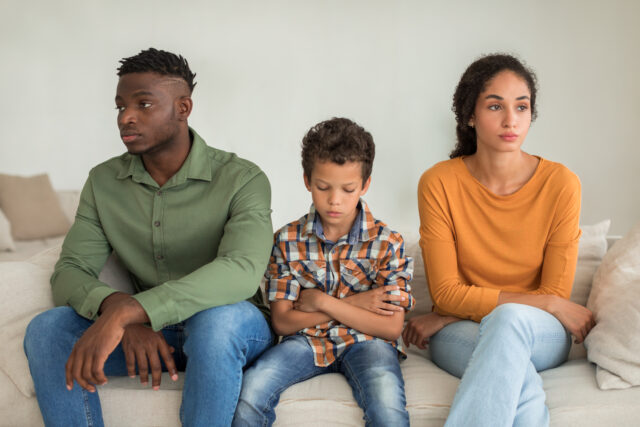
Being yelled at regularly can make kids overly sensitive to correction, even when it’s done gently. They might take feedback personally or react emotionally to minor critiques because they’re used to being scolded harshly. Instead of seeing mistakes as a normal part of learning, they start seeing them as proof that they’re failing. It can make them hesitant to try new things, fearing they’ll mess up and get yelled at again.
10. They learn to bottle up their emotions.
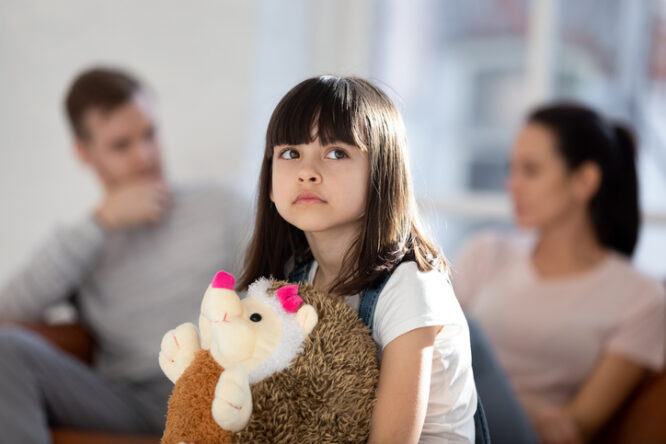
Kids who are constantly yelled at may stop expressing how they feel altogether. If they learn that showing frustration, sadness, or even excitement leads to an angry reaction, they start keeping their emotions to themselves. This can lead to emotional shutdowns, where they struggle to process their feelings because they’ve never been given the space to express them safely. As they get older, this habit can make it harder for them to navigate relationships and communicate openly.
11. It can affect their academic performance.
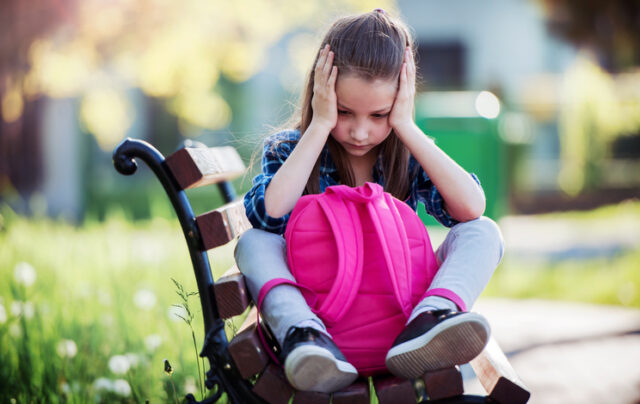
Kids who feel emotionally unstable at home often struggle to focus in school. If they’re anxious, distracted, or constantly thinking about the tension at home, it becomes harder for them to concentrate on learning. Instead of feeling confident and capable, they might doubt themselves more, leading to lower motivation and performance. Emotional stress doesn’t just stay at home — it follows them everywhere.
12. It makes them feel like love is conditional.
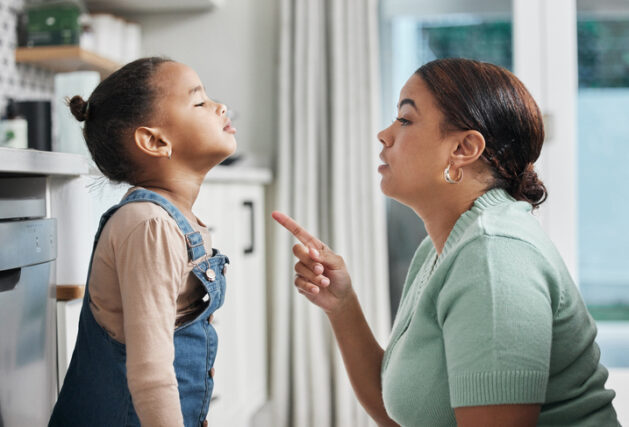
If kids are constantly yelled at, they might start to believe that they’re only worthy of love when they behave perfectly. It can make them people-pleasers, always trying to earn affection instead of believing they deserve it unconditionally. As they grow up, this can translate into unhealthy relationships where they tolerate poor treatment just to avoid conflict. Teaching kids that love isn’t based on their behaviour helps them develop a healthy sense of self-worth.
13. It lowers their ability to handle stress in healthy ways.

Kids learn emotional regulation by watching how their parents handle stress. If yelling is the go-to reaction, they don’t get the chance to learn calmer coping skills. Instead, they grow up reacting with the same intensity they were shown. It ends up making it harder for them to manage frustration as they get older. Learning how to handle emotions without shouting gives them a much better chance at dealing with stress in a healthy way.
14. It turns home into a place of tension instead of safety.

Home should be a place where kids feel safe, loved, and supported. But if yelling is a constant presence, home starts to feel more like a battleground. Instead of relaxing, kids feel like they always have to be on their best behaviour to avoid trouble. While discipline is important, it shouldn’t come at the cost of a child’s sense of security. When they know they can make mistakes without being screamed at, they feel more confident and connected to their family.
15. It creates distance that can last into adulthood.

The effects of constant yelling don’t disappear when kids grow up. If they associate childhood with fear and criticism, they might emotionally distance themselves from their parents later in life. Some parents wonder why their adult kids don’t call or visit often, not realising that years of yelling made home feel like a place they wanted to escape from. The way you treat kids now shapes the relationship you’ll have with them later.




